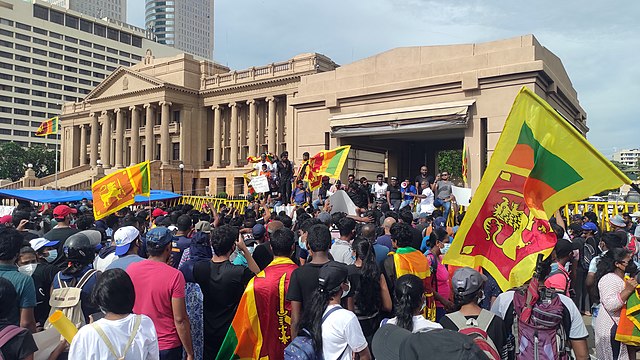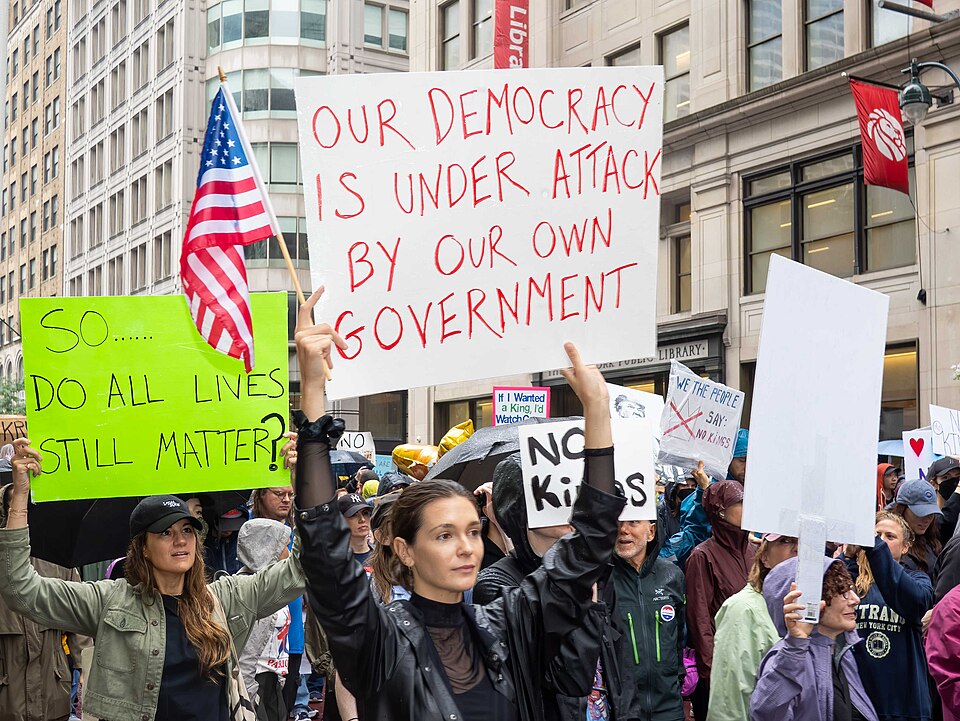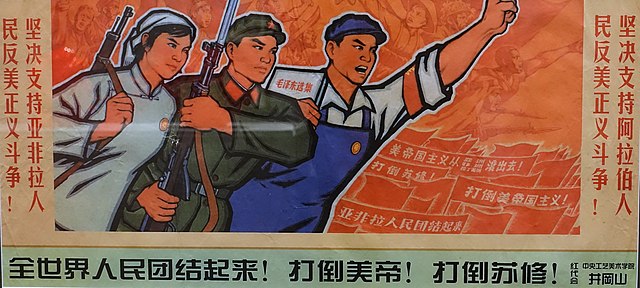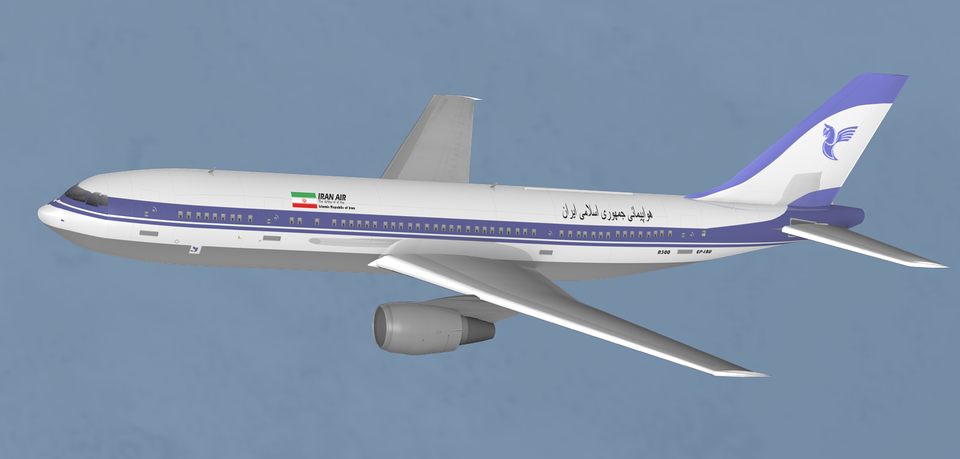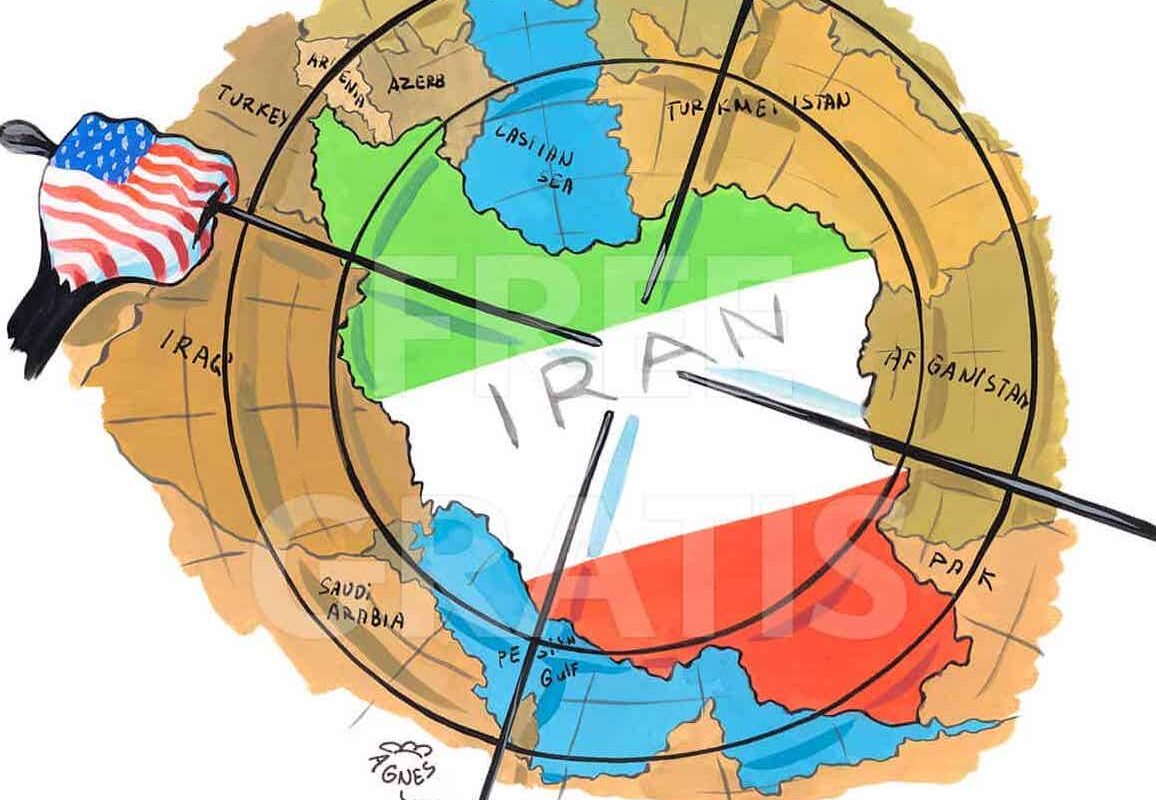The rapid fall of the Rajapaksa dynasty in Sri Lanka through the popular mobilisation of the once ethno-religiously divided island nation has become international news and among leftists as a cause célèbre. Here is a once invincible tyrant, who was only recently consolidating totalitarian powers in his office, being ejected from power by the masses overrunning his palace. A Buddhist majoritarian country, that spent 26 years waging a brutal war of subjugation against its Tamil citizens in addition to oppressing its Muslim population, experiencing a moment of ethno-religious solidarity has given hope to some of a better future in Sri Lanka. In the so called Liberal Democratic world of thinktanks and international institutions, there is some cause for celebration as well. The fall of the Rajapaksas is a model they dream of being emulated in the case of Vladimir Putin.
The reality is more sobering. In the current age of interlocking global crises, it is intuitive that the most exposed states will be the first to collapse. Sri Lanka’s economy was caught like a deer in the headlights when monetary policy began to tighten in response to the inflationary pressures brought on by the post-shutdown surge in global demand and the invasion of Ukraine.
The confidence of the global financial order in a country’s economic prospects are expressed in the 10-year yield rates for government issued debt. For example, a 10% yield means that if I buy $100 of a government’s debt on 1st January 2020, I expect to be paid back $110 dollars on 1st January 2030. The higher the yield, the less optimistic the market is in realising the advertised return, therefore the greater yield it demands on accepting that risk. The war-ravaged economy of Ukraine currently has a yield of 43.7% while Sri Lanka’s is 37.4% (as of 15 July in the FT). Absent a devastating invasion, how did Sri Lanka’s economy collapse so dramatically?
The neo-colonial relationship of Sri Lanka in the world economy is the fundamental driver of this situation. Sri Lanka is classed as an “emerging market” which implies that it is on the path to full industrialisation and primarily relies on producing raw materials that are upgraded into value added goods elsewhere in the world. To emerge fully from this gestational state, it is said that what is needed is the standard suite of “reforms” that entail a “rules-based” fiscal and monetary policy, incentives to investors home and abroad to develop industrial production, and the imposition of labour relations conducive to global economic competitiveness (a race to the bottom in wages and conditions).
In practice, this prescription has a history of entrenching the neo-colonial relationship of emerging markets, crippling their ability to chart an independent path to economic prosperity while also removing the ability of these states to provide their citizens with basic necessities that maintains social cohesion. The Rajapaksas rose to power through their feudalistic power base in rural southern Sri Lanka, where they defined themselves in opposition against Colombo’s IMF compliant policies (in addition to their role in perpetrating atrocities against Tamil rebels during the civil war).
For Sri Lanka, a tropical island nation reliant on the export of cash crops and tourism, the pandemic and the invasion of Ukraine struck critical blows to the economy. To make matters worse, ousted president Gotabaya Rajapaksa instituted a blanket ban on chemical fertilisers and pesticides in 2021. This would be an ill-advised foray into agronomy for any nation, but for Sri Lanka the short-lived ban injected a one-off pulse of dramatically reduced crop yields which acted synergistically with prevailing economic headwinds.
The original agrochemical ban was meant to reduce the burden of rapidly appreciating import prices spurred by the gas supply shock, instead it exacerbated it by necessitating importing food into a once food independent country. Furthermore, it destroyed the Rajapaksas’ popular legitimacy in rural Sri Lanka. The interest rate hikes by the US Federal Reserve obligated other economies to follow suit (otherwise investors would drain their bank accounts and park the money in the Fed) and made the cost of debt repayments denominated in dollars even more expensive. Lastly, the tourism sector has suffered an annihilation due to the pandemic as well as the 2019 Easter Bombings. Seen in this light, the agrochemical ban acted like a pulmonary embolism in the arteries of the Sri Lankan economy, sending it into cardiac arrest.
It is in this condition of hunger and destitution across the full spectrum of Sri Lankan society that has mobilised against the Rajapaksas. They lacked a cohering political ideology or a programme for structural reform for the country. The peoples’ response is that of a populace that has been exploited to its limit screaming for relief. Sri Lankans have fulfilled a necessary but not sufficient condition for forging a new, more equitable Sri Lanka.
There is talk about Pakistan, the country of my birth, being one to watch out for a similar crisis. I think this is misguided. The power structure of Pakistan is much more complex and it does not lend itself well to decapitation. The military controls about a third of the economy directly, the industrial capitalist class is fragmented between Lahore and Karachi, the rural elites between the agricultural lands of Punjab and Sindh, the provinces of Balochistan and Khyber Pakhtunkhwa present their own socioeconomic complexities, and China has too large a geopolitical stake in the country to let it collapse like Sri Lanka.
Pakistan is vulnerable to shocks like any other debt-distressed emerging economy pincered by the International Monetary Fund (IMF) and Chinese public/private finance. It is more likely that these stresses will usher in an intensification of authoritarianism to suppress any nascent political revolt. Egypt under Abdel Fattah el-Sisi has already established a model of extreme political repression coupled with strategic government subsidies financed through larger geopolitical benefactors. As much as the Western Liberal democratic order may salivate at the thought of corrupt, authoritarian rulers falling on their swords one by one with Vladimir Putin serving as the grand finale, it is more probable that these regimes will be bound even tighter together. Their methods will converge and this in turn will converge their common interests.
It would be simplistic to apportion the blame for this state of affairs exclusively to the IMF and the World Bank. The US Federal reserve has no reason to raise interest rates to reduce inflation when the inflation is being driven by global supply constraints and not excessive economic activity. Vladimir Putin is destroying Ukraine and irrevocably harming dozens of countries. Climate change is a catastrophe engineered by capitalist excess. However, the model of economic management, the structural vulnerabilities that plague emerging markets, and the permanent neo-colonial relations of production within these countries has been built up and maintained through the shackles of debt.
Emerging economies have been put in economic straitjackets that prevents them from effectively responding to these crises. Those countries that avoided the debt trap through luck or ingenuity have fared noticeably better. For that, the blame lies squarely with these institutions.
